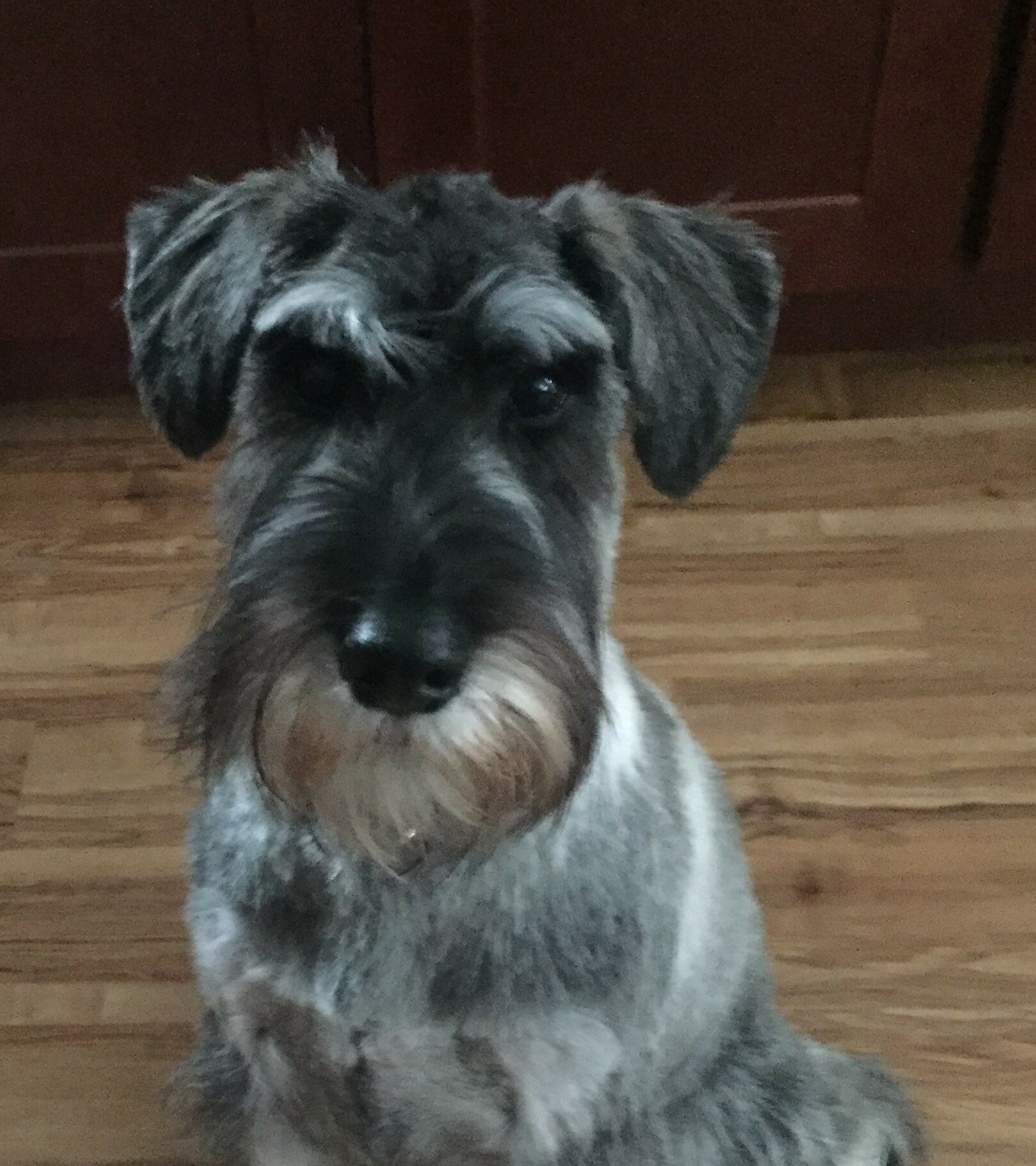Yes, Virginia, there are pandemic puppies. And kitties, and guinea pigs and hamsters, parrots and fish.
As people were holed up during lockdown they not only sought to feather their nests by making home improvements, they also decided en masse to add to their families by adopting pets.
And area veterinarians have been swamped.
Len Donato, with Radnor Veterinary Hospital, said his business grew from seeing about 80 new patients a month to 180 new patients after things open up again in May 2020.
“Everybody came in,” said Donato. “All of the people who got new puppies, new kittens.” And this influx was on top of existing patients whose pets needed their regular checkups and shots. Donato went having from five veterinarians on staff to six and is looking to hire a seventh.
Because it is also one of the few veterinary clinics in the area that deals with “exotic,” pets, they have also been bombarded with lizards, bunnies, guinea pigs, birds, and ferrets coming from as far away as Virginia, western Pennsylvania, and New York, he added.
Another problem is a shortage of veterinarians to meet the swelling demand. Some practices have simply closed in response to COVID-19 while others greatly reduced their hours, Donato said. And it can be tough on vet techs, too, with the additional volume of pets.
“I talk to a lot of veterinary business owners,” said Donato, who is also an adjunct professor at the University of Pennsylvania School of Veterinary Medicine. “I feel bad for doctors and staff for having gotten overloaded like that. It really hurt some people. They sold their practices and left, changed jobs…I would implore people to be more patient with their vet and vet staff. They have been getting killed for a year with the overload of work. It’s been pretty punishing for them.”
While the medical side of his business exploded, the pandemic caused the boarding and dog daycare portion to drop precipitously. People were not traveling and as they worked from home, they did not feel a need to send their pooches to daycare, he explained.
Elizabeth Bradley, owner of Lucky Dogz in Wyndmoor, can attest to that. Her doggie daycare business and boarding saw lean times during the lockdown in 2020 and afterward.
“The people that used us before all this started haven’t come back yet,” she said. During the height of the pandemic, most of her customers were healthcare professionals, who had to go to work and some teachers, who were doing virtual classes.
“People really cut back,” said Bradley. “They’re home. They don’t need to bring their dog to daycare. We took a huge hit. We haven’t recovered yet.”
Bradley took out pandemic loans that were available to small businesses to keep some of her employees working, but had to lay off others.
“We did the best we could,” she said. “It’s really been a rollercoaster. The vet is essential. They have to get their vaccinations, rabies. It’s the law. They have to use the vet, but not us.”
And, all those new pets need to eat and their owners also buy them various accouterments. Chewy.com helped homebound pet parents stay supplied. That e-commerce company saw an increase of 5.7 million active customers in 2020, according to The Wall Street Journal. Last month it posted its first quarterly profit ever. And Chewy is also poised to give local veterinarians a run for their money with a new tele-vet service.

